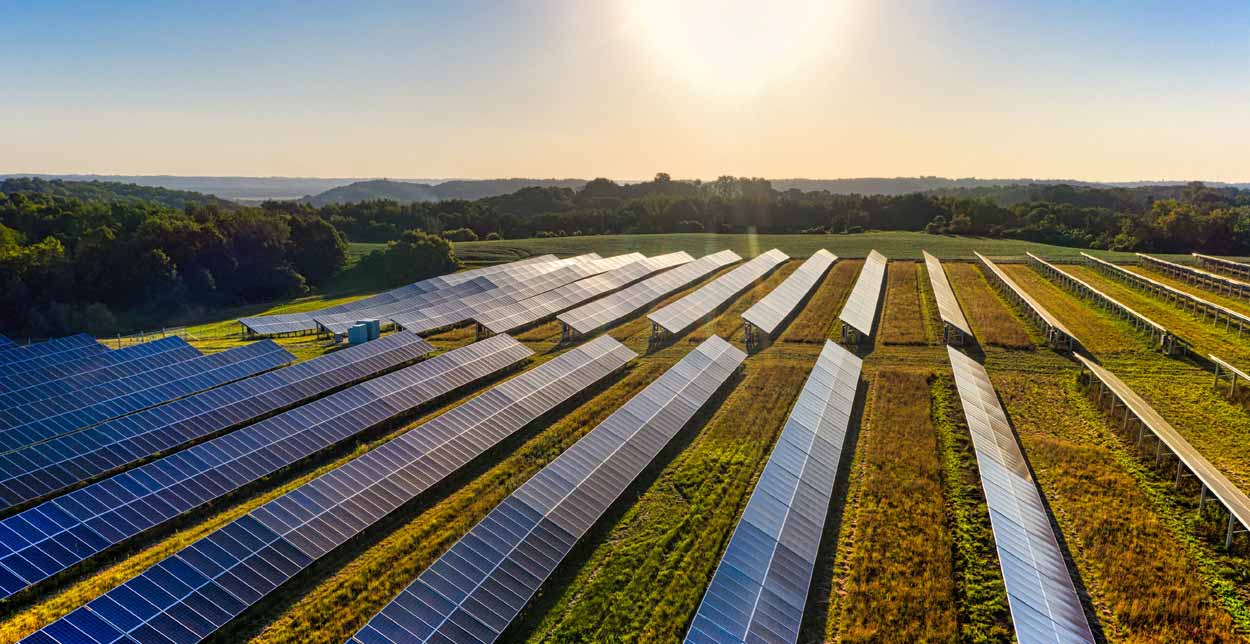The United States Agency for International Development (USAID) convened the first South Asia Clean Energy Forum (SACEF) to foster regional cooperation and advance clean energy initiatives in South Asian countries, including Bangladesh, Bhutan, India, Sri Lanka, the Maldives, and Nepal from May 2 to May 4. As the South Asia region faces significant challenges in meeting the growing energy demand while transitioning to affordable, secure, reliable, and sustainable energy sources, SACEF provided a platform for productive, solutions-oriented discussions that will drive the energy sector forward and contribute to a more sustainable future for the region’s citizens.
U.S. Chargé d’affaires to India Patricia Lacina, said, “The U.S. government is committed to fostering regional stability, deepening strategic partnerships, and supporting the individual sovereignty and regional connectivity of nations within the region. Through our partnerships and other regional efforts, the United States and the nations of the South Asia region are working together to transform climate challenges into opportunities to build a safer, more secure world.”
NITI Aayog Vice Chairman Suman K. Berry said, “Cross border cooperation has been going on for decades and NITI Aayog strongly believes in bringing together initiatives that can translate this change. Initiatives such as green transition in technology, end use and supply side and also covering the complex side of technology, finance, regulations and behavior are important. While this conference focuses more on the engagement side of cross boundaries, NITI Aayog has a more fundamental role to play at the state level initiatives in India.”
USAID/India Mission Director Veena Reddy said, “Today’s event marks a significant milestone in the region’s power sector as we gather to share ideas and collaborate on innovative solutions to address the pressing challenges of the clean energy transition in South Asia. The presence of India’s leadership alongside representatives from South Asian governments here today, is a testament to the importance of regional cooperation in achieving our shared goals of reliable, affordable, and sustainable clean energy for all citizens.”
The forum brought together representatives from governments, power utilities, regulators, development organizations, financial institutions, clean energy project developers, technology providers, research institutions, capacity-building organizations, civil society organizations, and emerging clean energy professionals. It featured eight technical sessions facilitating knowledge exchange and partnerships among global and regional clean energy stakeholders and experts. A “Partners’ Day,” held as a pre-forum event, kickstarted building partnerships among stakeholders.


























